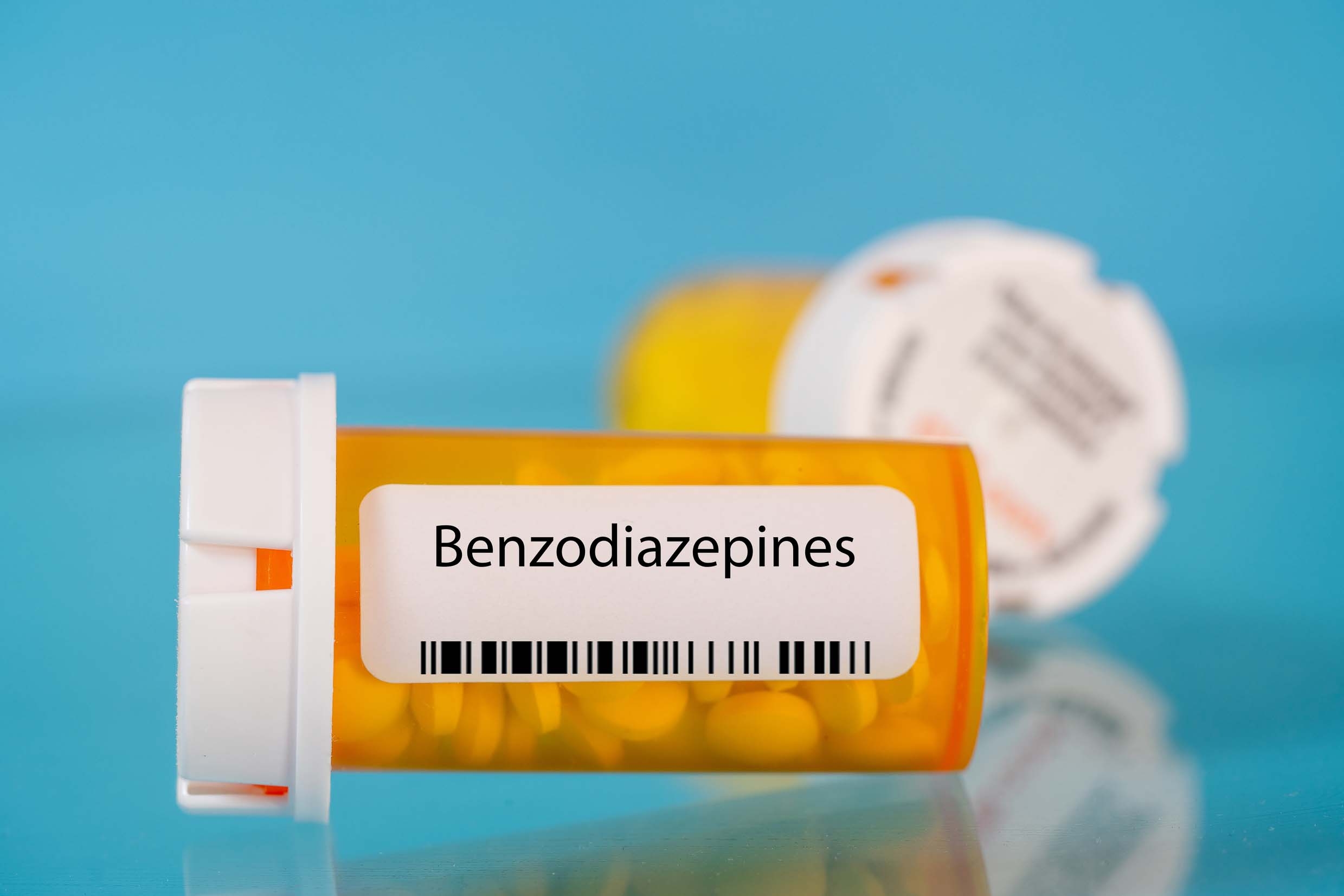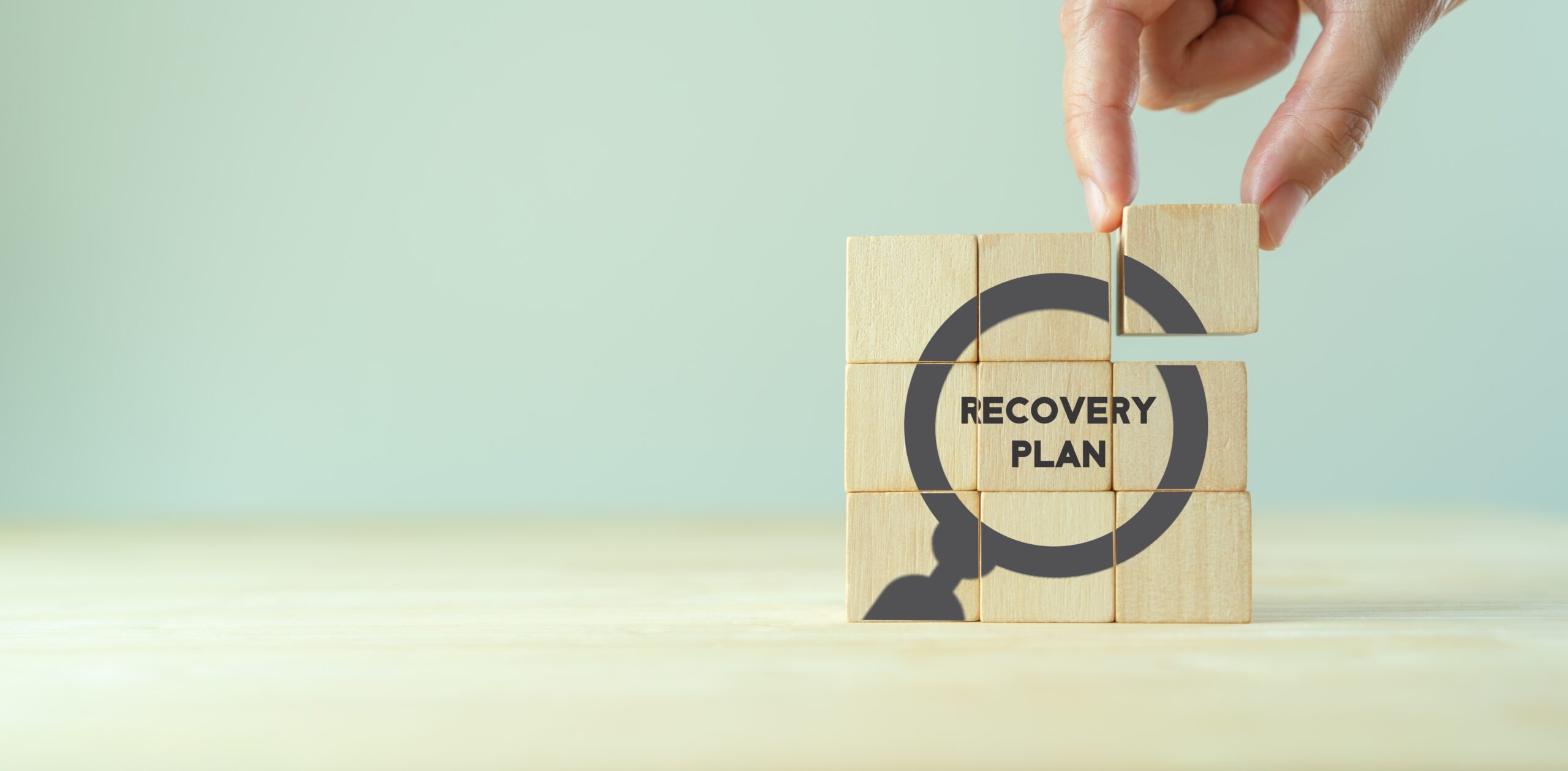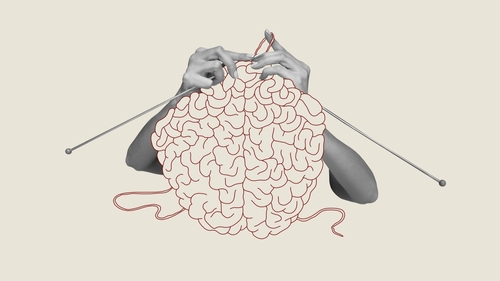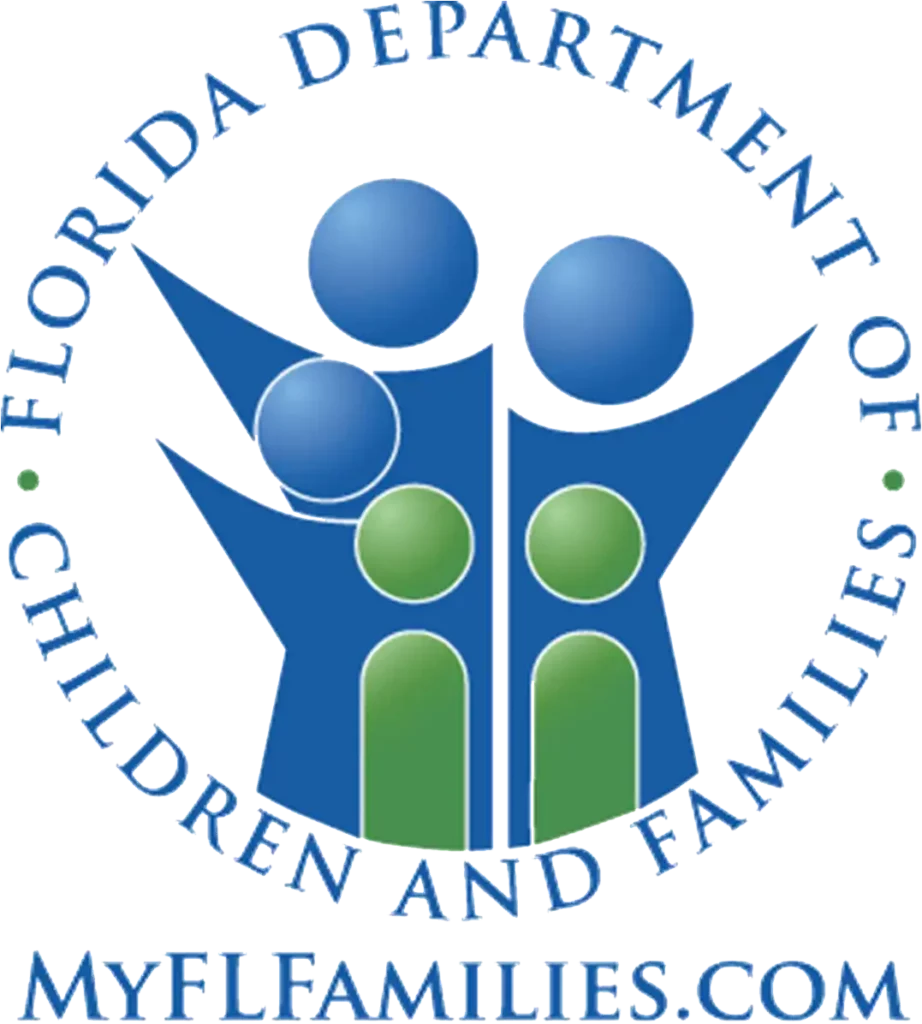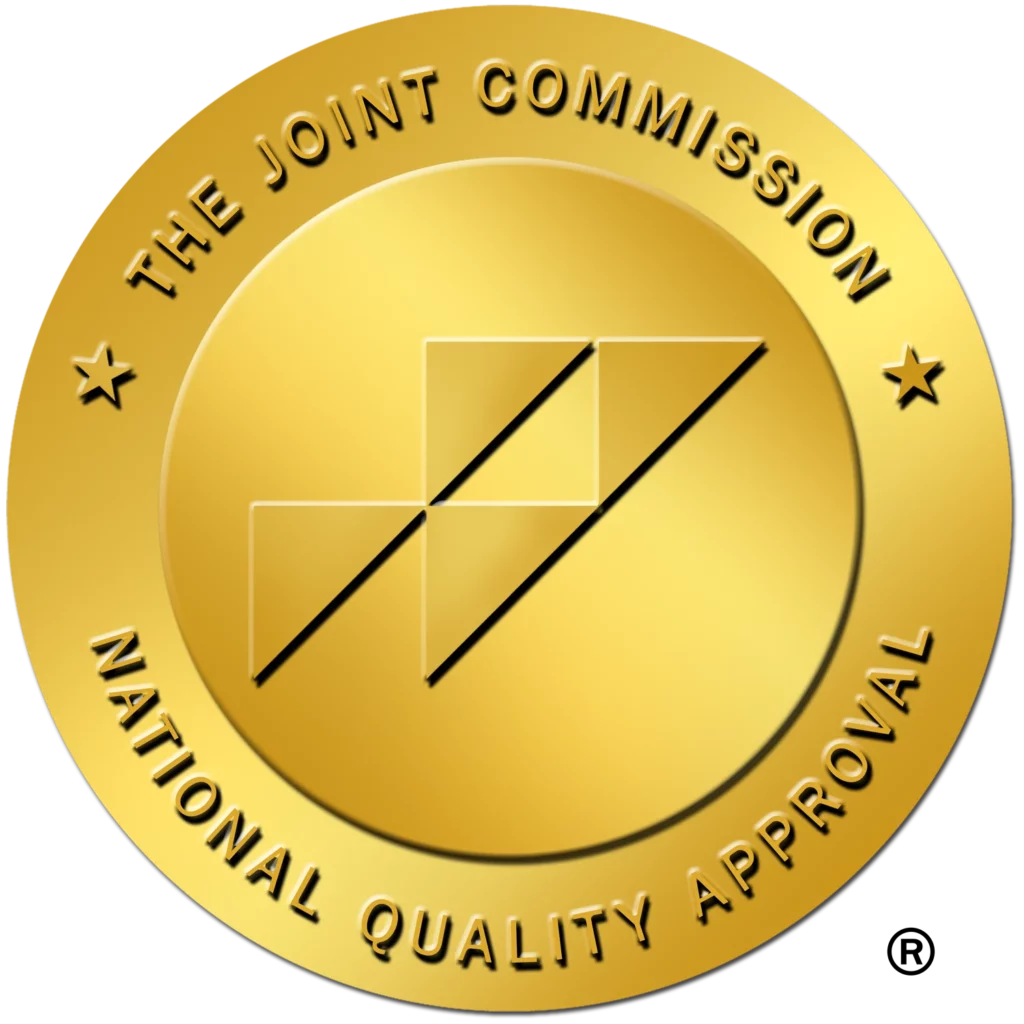The Distance Between Us: The Changing Roles Within a Family of Addiction
This entry was posted in Addiction Recovery, Drug Abuse, Drug Rehab, Fentanyl, Prescription Drugs and tagged addiction in families, an addict's sister, family roles in addiction, why is addiction called a family disease on May 02, 2022 by Justin Baksh, MS, LMHC, MCAP, Chief Clinical Officer.

“I’ve packed up my childhood bedroom. Riddled with anxiety and fear over starting a new journey on my own, I’m heartbroken to leave. Our parents, of course, are disappointed with my decision to move out. They have rationalized my departure as a period of growing up and spreading my wings; they don’t want to see the truth. Your addiction is too much for my heart to hold.
It feels as if the physiology of our family has disintegrated. The dynamics of us has shifted, and I don’t have a place here any longer. The pulse of your disease of addiction has rippled through our family, and it is a rhythm that I don’t have the energy to sway to. The ever-changing roles I play here, being engulfed with you, has been taxing. I am your confident, your escape route, your rescuer.
“Can I borrow money?” “Can you pick me up?” “I crashed my car again, can you come?” At what point do I get to say it is enough? At what point do I get to say that this is my life, too?
See, this is the hardest part of being your sister, I do not want to abandon you, but I do not know how to cope with this family that feels infected. I cannot read you anymore: I don’t know when I am being lied to or when I am being manipulated. I do not know what you need from me anymore.
To the outside world, we are a family that has it all. We are always together and always appearing to be happy. We are hiding in the shadows of ourselves – hiding your addiction from the outsiders of our bubble.
I desperately want to be your savior. That is impossible. I am beginning to understand that I have no control over you and am no longer an influential person in your life. The hard truth is that no one is influential to you right now; the only thing that is driving you is the chase to the next high. That is a concept that will take me years to understand.
For now, I want to escape. I tell myself this is goodbye, but I will soon learn that that it does not matter if I move away from you. The toxicity of your disease will find me because I could never truly break away from you.”
– An Addict’s Sister
Addiction in the Family
Family is not just who you grew up with. It is a system that, many times, defines who you are. Your interaction with your family plays a big role in how you function later in life, even after you leave and start your own family.
Family systems theory attempts to understand how people function in a family and its effect on their lives, focusing on the intention behind the interactions within a family, both one-on-one and as a group.
“Family members interconnect… Any change in one individual within a family is likely to influence the entire system and may even lead to changes in other members.” (Pfeiffer, et al., 2021)
American psychiatrist Murry Bowen, MD, professor of psychiatry at Georgetown University, is a trailblazer of family therapy and a noted founder of systemic therapy. His Bowen family systems theory of human behavior views families as complex and interdependent ecosystems. Family members are intertwined and influenced by each other’s behavior.
In other words, your mental status is not just about what you think and feel. Your family influences you… more than you probably know.
“According to a family systems perspective, an individual’s functioning is determined not so much by intrapsychic factors as by a person’s place in the system(s) in which he or she finds himself or herself, subject to the pushes and pulls of the system, including competing emotional demands, role definitions and expectations, boundary and hierarchy issues, coalitions and collusions, loyalty conflicts, family and institutional culture and belief systems, double binds, projective identifications, and systemic anxiety.” (W.H. Watson as quoted in the Encyclopedia of Human Behavior, Second Edition, 2012)
How well your family functions can affect your mental health and level of resilience. Through feedback and the way it operates, a family can either reinforce bad behavior or correct it.
Maintaining Me: What is Differentiation of Self?

Addiction undoubtedly impacts a family system and how well it functions. The physical and emotional breakdown of the family member trapped in the throes of addiction brings conflict, concern, anxiety, fear, anger, sadness and so much more into the family system. The cohesiveness of the family can begin to crack.
Bowen’s concept of self-differentiation – your sense of self independent of others – is especially relevant when it comes to addiction.
People with good self-differentiation can separate their emotions and thoughts from those of others. They are also able to understand and cope well with them. They can stay centered when challenged, calmly assessing the facts before reacting.
Those lacking in self-differentiation put too much weight on what other people think and feel. As a result, they often to seek to influence others in various ways. Whether they become a bully, a rebel, or a chameleon, it’s all an attempt to change what other people think or feel. (Bowen)
When it comes to addiction, self-differentiation is key.
Naturally, you want to help your family member. You don’t want to see them suffer. The problem is when it crosses the line into co-dependency.
When you become too involved, you can lose your sense of self to the addiction of your beloved family member. You stop looking after yourself, achieving your own goals, and attending to your own self-care. Instead. you are consumed by what is happening with your addicted loved one. Sadly, now the family has lost two people to addiction
As you can see in the poignant words of an addict’s sister at the beginning of this article, addiction can also split up families in a real sense. Each member seeks to cope with this new enemy in their own way, sometimes psychically separating to do so.
What to Do If You Have an Addicted Family Member
Addiction is a formidable enemy. Where logic and reason may have at one time aided in the cohesiveness of the family, substance abuse changes the family dynamic. Communication stalls, coping mechanisms crumble. and the ability to function well plummets.
You can’t reason with addiction. You can’t apply logic to the solution of this problem. It’s out of your control, and only the addict can make the decision to seek help. Even in the healthiest of families, that is a tough pill to swallow. You never stop loving them and can only wait, hope and pray. Take care of yourself the best you can in the meantime (and try not to let addiction consume your life, too).

Some day soon, you may get the call that the addict you love is ready to get help. If you are in a healthy place, you’ll be ready to help them, too.
READ MORE IN THE “AN ADDICT’S SISTER” SERIES:
A Glimpse Out My Window: An Addict’s Sister Shares Her Story
Falling in Love: A Toxic Relationship with Oxy
My Ignorance, Your Addiction: Codependency in Families with Addiction
We All Fall Down: Heroin Addiction
New Beginnings: When Addiction Recovery Starts
RELATED: Where to Get Help for Family Members of Drug Addicts
Is Addiction Self-Medication?
Do you have an addictive personality? Take the quiz
Is it possible to overcome addiction?
REFERENCES
Differentiation of self. The Bowen Center for the Study of the Family. (n.d.). Retrieved May 2, 2022, from The Bowen Center.
Family systems theory. Family Systems Theory – an overview | ScienceDirect Topics. (n.d.). Retrieved May 2, 2022, from Science Direct.
Pfeiffer, S., & In-Albon, T. (2022, April 12). Family Systems. Comprehensive Clinical Psychology (Second Edition). Retrieved May 2, 2022, from Science Direct.
Ramachandran, V. S. (2012). Encyclopedia of human behavior. Academic Press.

